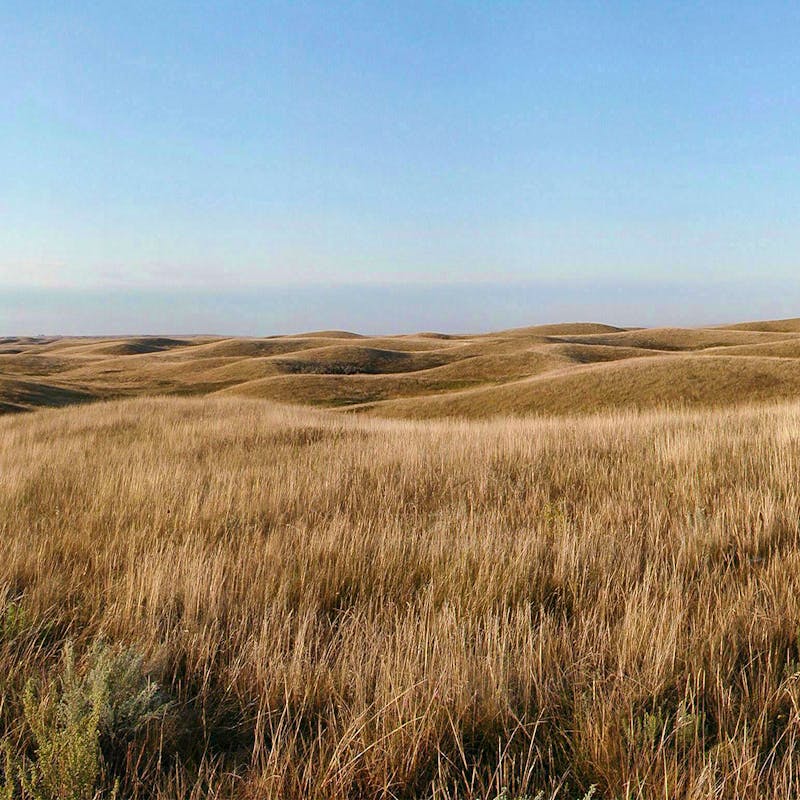WASHINGTON— Conservation groups scored a victory today with a legal agreement ensuring the lesser prairie chicken will get a decision about protection under the Endangered Species Act by May 26, 2021.
The groups petitioned the U.S. Fish and Wildlife Service to protect the prairie chicken in September 2016, but the Trump administration repeatedly failed to make a decision about its protection and the groups were forced to go to court, resulting in today’s agreement.
“We’re relieved the lesser prairie chicken is finally on track to get the protection it so badly needs to survive,” said Noah Greenwald, endangered species director at the Center for Biological Diversity. “For more than 100 years, these unique and beautiful birds have been losing their prairie home to the plow and oil derrick. Now, with climate change looming, they need protection more than ever.”
In 2014 the Fish and Wildlife Service listed the lesser prairie chicken as threatened under the Endangered Species Act. But that protection was overturned on procedural grounds after a lawsuit from the Permian Basin Petroleum Association and four counties.
The bird lives in Colorado, Kansas, New Mexico, Oklahoma and Texas. It is severely threatened by habitat loss and fragmentation caused by oil and gas development, cropland conversion, livestock grazing and roads and power lines.
“The lesser prairie chicken needs the protection of the Endangered Species Act to recover,” said Jason Rylander, senior counsel at Defenders of Wildlife. “Under this agreement, the Fish and Wildlife Service will have to make a decision on how best to save this iconic species.”
In addition to habitat loss, the lesser prairie chicken is threatened by climate change. The summer of 2011 saw some of the hottest and driest conditions on record in the Southern Plains, with ground temperatures exceeding 130 degrees Fahrenheit — a critical threshold above which lesser prairie chicken eggs cannot survive.
The following year prairie chicken populations plummeted to their lowest levels in decades. Overall global warming is expected to drive a four-fold increase in the number of 100-plus degrees days on the Southern Plains.
“Having a deadline for a decision is an important step forward toward protecting the lesser prairie chicken,” said Taylor Jones, an endangered species advocate at WildEarth Guardians. “Threats from climate change and habitat loss continue to grow, and this species needs the strongest legal protections possible to escape extinction.”
Experts estimate there were about 3 million lesser prairie chickens on the Great Plains before the beginning of Euro-American settlement. The species has declined to about 38,000 birds today across less than 17 percent of its original range.
For over 75 years, Defenders of Wildlife has remained dedicated to protecting all native animals and plants in their natural communities. With a nationwide network of nearly 2.1 million members and activists, Defenders of Wildlife is a leading advocate for innovative solutions to safeguard our wildlife for generations to come. To learn more, please visit https://defenders.org/newsroom or follow us on X @Defenders.
Media Contact
News

Senate Introduces Damaging Senate Version of House Passed ‘Fix Our Forests Act’


